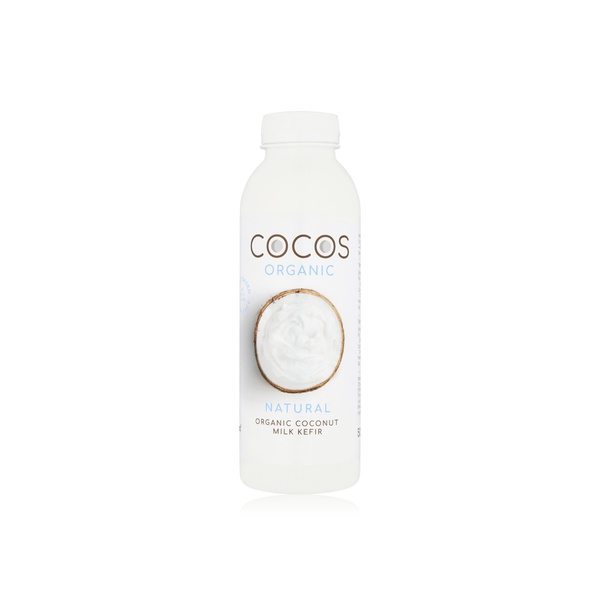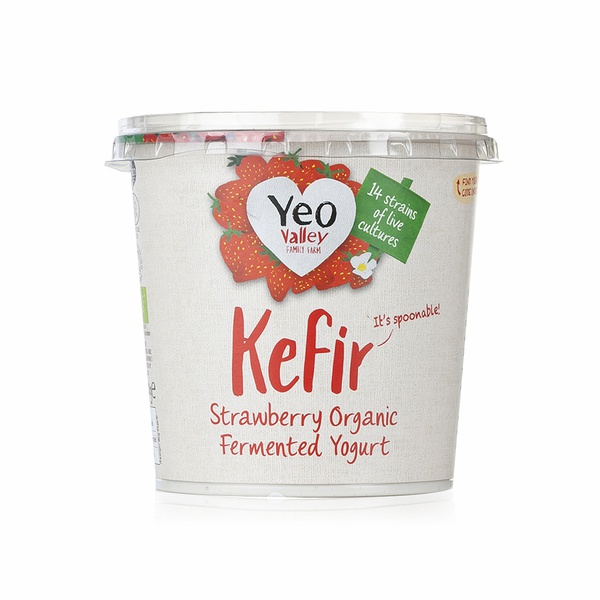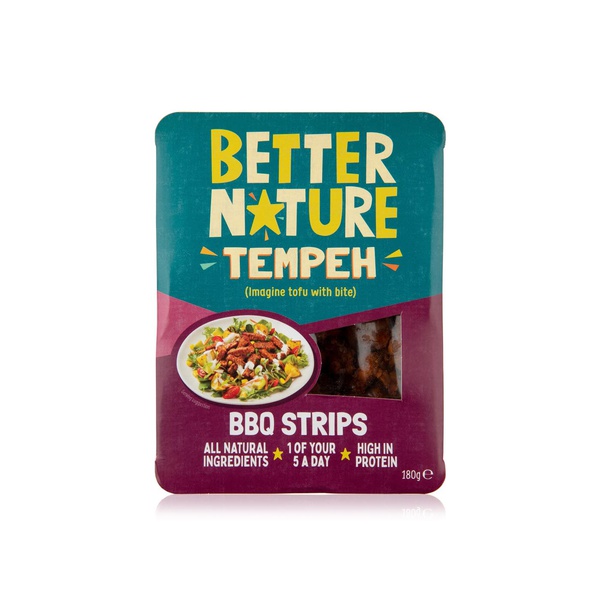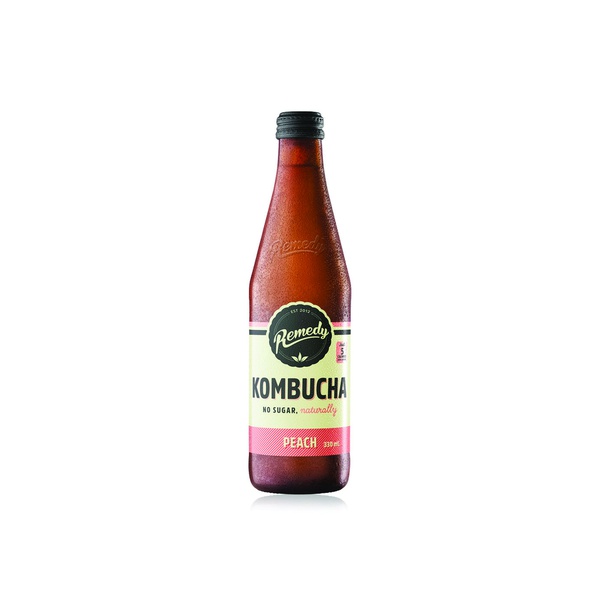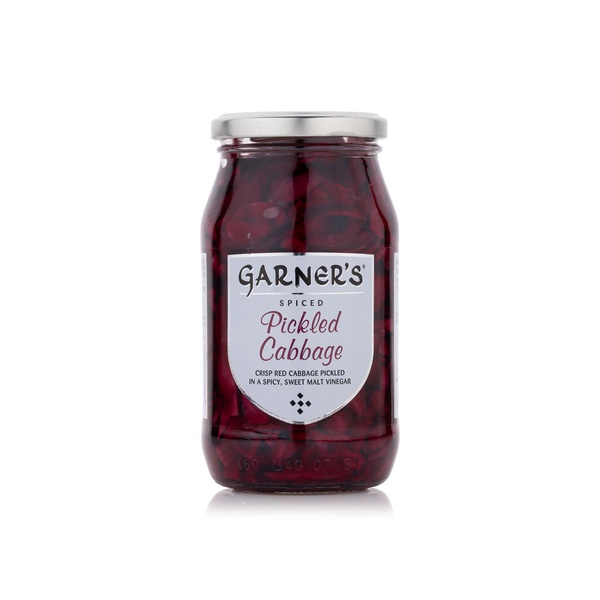Eat more fermented foods
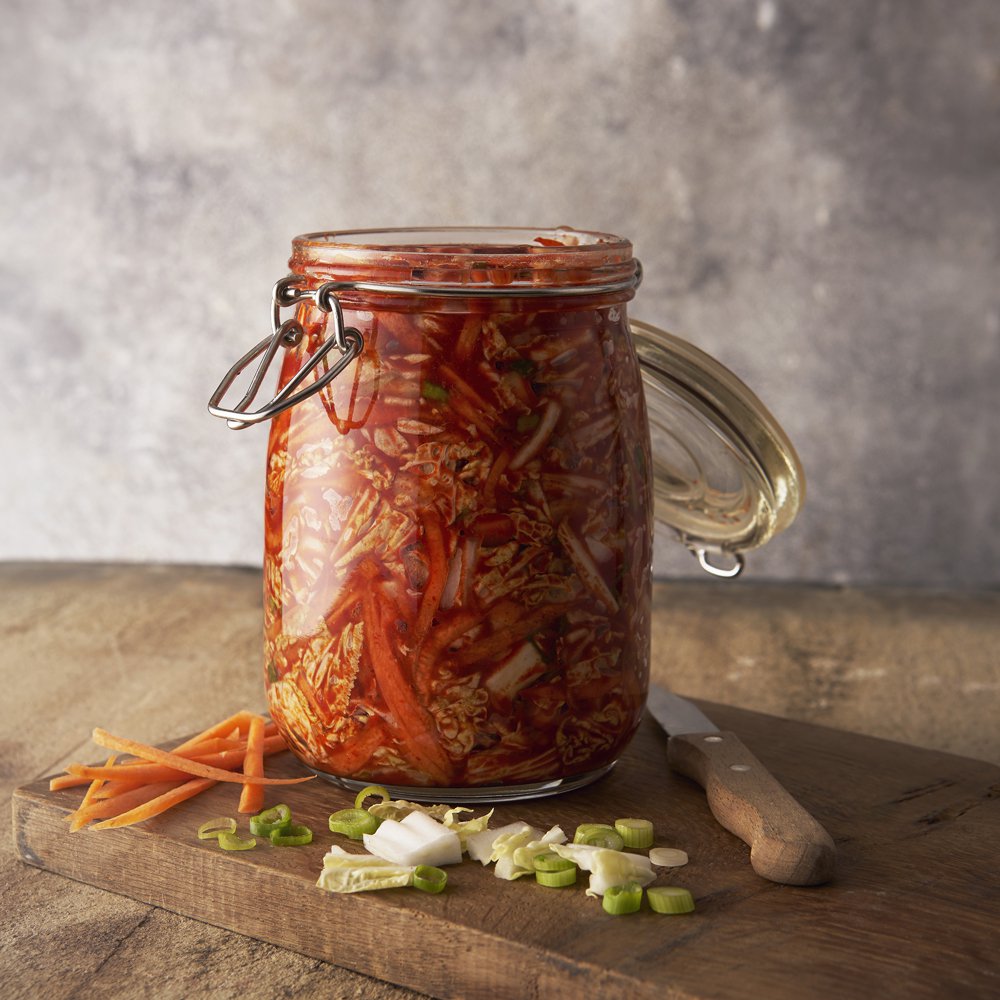
Fermented foods have gone from being a niche interest to resolutely mainstream. Who’d have thought a decade ago that kefir and kimchi would become common topics of conversation, not to mention general discussion of gut health and the microbiome?
They’re nothing new, of course – fermented foods have been dietary staples in many parts of the world for thousands of years. Originally used as a way to help food last longer and keep it from spoiling, fermentation also enhances the taste and texture of some ingredients. It’s only recently, however, that we have become so aware of the potential health benefits that fermented foods can offer.
Some fermented products – such as sourdough bread, yogurt, cheese, coffee, wine, beer and chocolate – are well-established staples. Others, including kimchi (spiced fermented vegetables), kombucha (fermented tea), sauerkraut (fermented cabbage), tempeh (fermented soya beans), miso (a paste made from fermented soya beans) and kefir (a fermented milk drink), are gaining a wider audience.
But what exactly are they? “Any food that has undergone fermentation by microbes to convert simple ingredients into a final product can be defined as a fermented food,” explains Emma Ellice-Flint, clinical nutritionist and chef. “Put simply, fermentation occurs when microbes, such as bacteria and yeast, convert carbohydrates in the food into alcohol, lactic acid, carbon dioxide and other compounds. These act as natural preservatives and create that distinctive tangy taste.”
There are two main methods to achieve fermentation. The first is ‘spontaneous’ fermentation (also called ‘wild fermentation’) whereby microbes that are present naturally in the food or environment bring about the process – as with sauerkraut or kimchi. The second method requires human intervention, such as by adding a starter culture – as with yogurt or kefir.
The results, from kimchi to red wine, are foods (or drinks) that are packed with live microbes known as probiotics, and it’s these that are linked with a range of health benefits. “When you eat fermented foods, the live bacteria can survive the passage through your digestive system to reach your gut microbiome in the lower intestines,” says Emma. “They can then enhance the health and diversity of the beneficial microbes in your gut. It’s like a big party, where getting together with our friends makes us happier. In the same way, when fermented food microbes interact with our native gut microbes, this makes them happier, helping them to thrive.”
Higher levels of microbiome diversity are associated with better health, according to recent research. In a study published in the journal Cell in 2021, researchers found that people who ate fermented foods every day for several weeks increased their gut microbiome diversity. And the more fermented foods they ate, the greater the number of microbial species in their guts. What’s more, they showed lower levels of inflammatory markers, which are linked to heart disease, type 2 diabetes and certain cancers.
Many fermented plant foods, such as sauerkraut and kimchi, also contain prebiotics – a type of fibre that acts as food for our gut microbes. During fermentation, compounds such as lactic acid are released, which also have potential health benefits. As a result, fermented foods containing live bacteria (probiotics), fibre for them to eat (prebiotics) and the compounds they produce (postbiotics) can provide a triple whammy of benefits for your gut microbiome and overall health.
Tempted to try a probiotic supplement instead? They won’t give you the same benefits as eating fermented ingredients. “Fermented foods provide much more in the way of diversity than supplements can,” says Emma. “When you eat sauerkraut, for example, you’re getting fibre, vitamins, minerals, antioxidants and lactic acid to name a few.”
A note of caution: foods such as kimchi and miso can be high in salt, and not all fermented food contains live bacteria.
When foods are pasteurised or cooked after fermentation (sourdough bread, for example), the microbes may be killed by the heat. For fresh products such as kimchi, yogurt and kefir, Emma advises checking the label for the words ‘contains live cultures’ to ensure the foods you are buying actually contain probiotics. You will typically find these ‘live’ fermented foods in the chilled section.
Regularly eating fermented probiotic foods can support your gut health and benefit your health in a multitude of ways. Variety is key, but make sure you introduce food that you are unfamiliar with gradually to avoid any unwanted side effects. Health benefits aside, fermented foods are delicious, which means that this is one health hack you may find easy to commit to.
Gut instinct
SHOP NOWWaitrose Food Deputy Editor Leah Hyslop has an abiding affection for the divisive almond confection”
